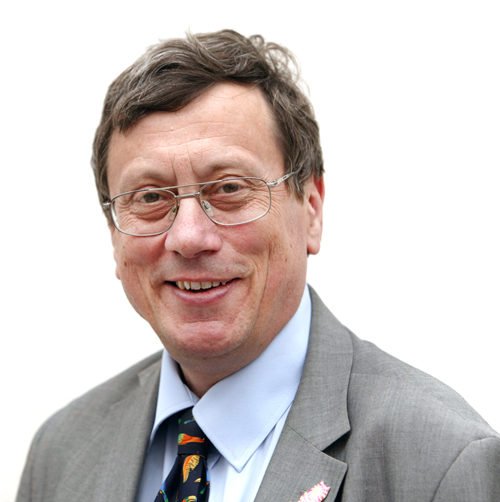Two experts at the Trust this year helped to shape the way respiratory conditions are diagnosed and treated, in the UK and further afield.
 Professor Andrew Bush, consultant paediatric chest physician, co-edited a special commission from The Lancet, which drew together research and opinion from around the world to challenge doctors to think differently about the way they diagnose and treat asthma.
Professor Andrew Bush, consultant paediatric chest physician, co-edited a special commission from The Lancet, which drew together research and opinion from around the world to challenge doctors to think differently about the way they diagnose and treat asthma.
"There are 1.3 million people in the UK with a diagnosis of COPD, so it's important to make sure that the guidelines that NICE produces reflect the best available evidence."
Dr Nick Hopkinson
Professor Bush teamed up with colleague Professor Ian Pavord from the University of Oxford to create the Lancet Asthma Commission and says the aim of the publication from the outset was to be provocative and challenging. He explained: "It's meant to be a controversial document, meant to shake people up.
"We feel that asthma care has stalled. There is no doubt that a lot of asthma is easy to treat with the right medication and the right advice. However, this has bred complacency: anyone can diagnose asthma and anyone can treat it. But we should be thinking more about curing it."
 Dr Nick Hopkinson, reader in respiratory medicine and honorary consultant physician at Royal Brompton, has been appointed to the National Institute for Health and Care Excellence (NICE) panel that is reviewing the new national guidelines on chronic obstructive pulmonary disease (COPD).
Dr Nick Hopkinson, reader in respiratory medicine and honorary consultant physician at Royal Brompton, has been appointed to the National Institute for Health and Care Excellence (NICE) panel that is reviewing the new national guidelines on chronic obstructive pulmonary disease (COPD).
Dr Hopkinson, the Trust's clinical lead for COPD, will work with colleagues on the panel to ensure that the latest national guidelines on diagnosing and managing this group of severe lung diseases are based on the right evidence.
Dr Hopkinson said: "There are 1.3 million people in the UK with a diagnosis of COPD, so it's important to make sure that the guidelines that NICE produces reflect the best available evidence. This will help to ensure that our patients receive the best treatment."
< Study highlights potential for life-changing lung procedure
